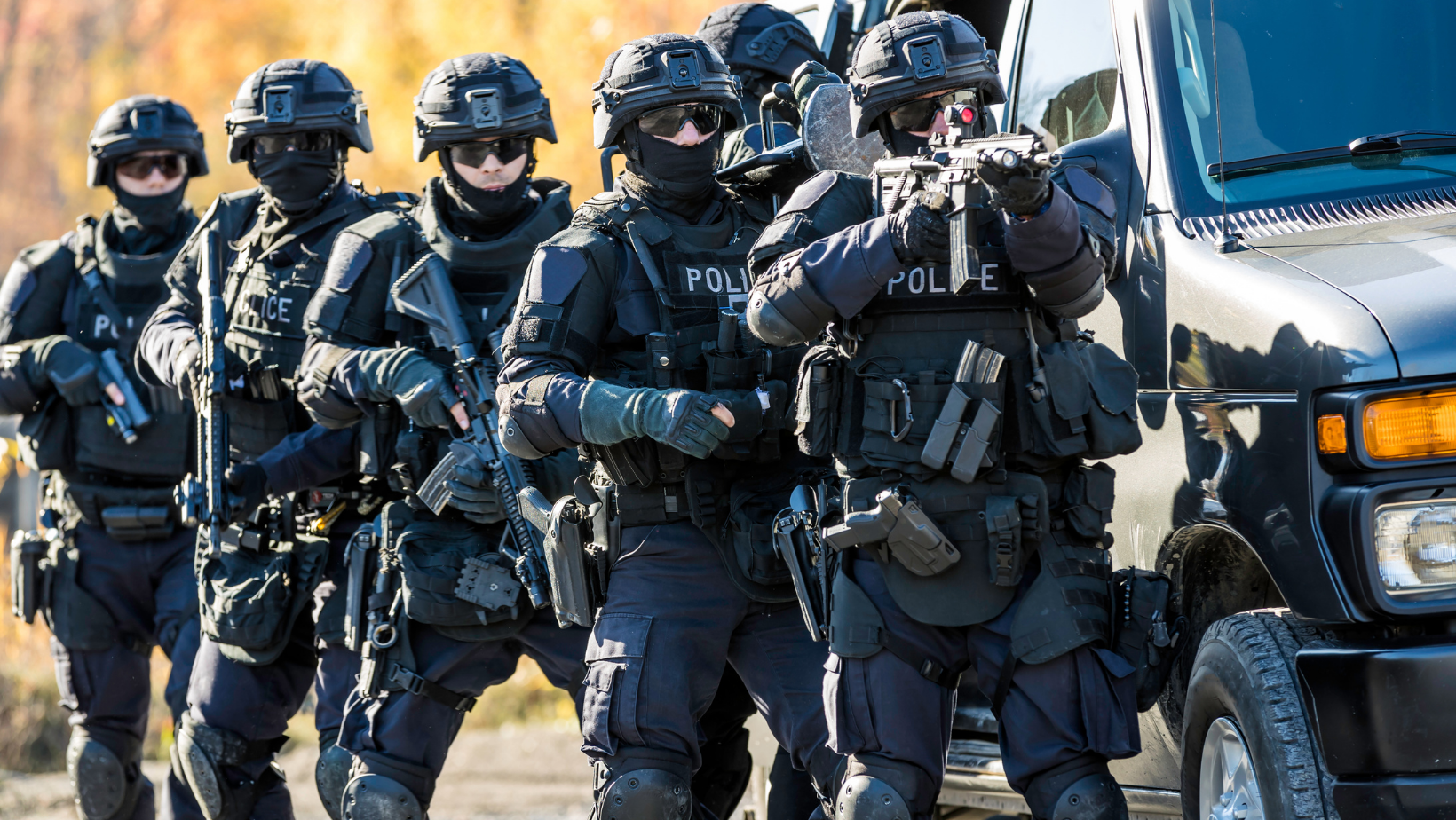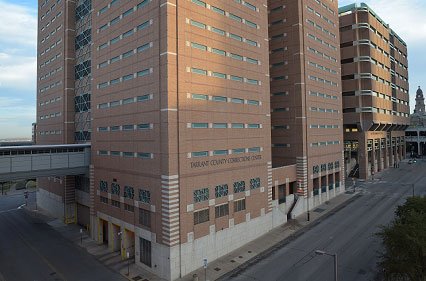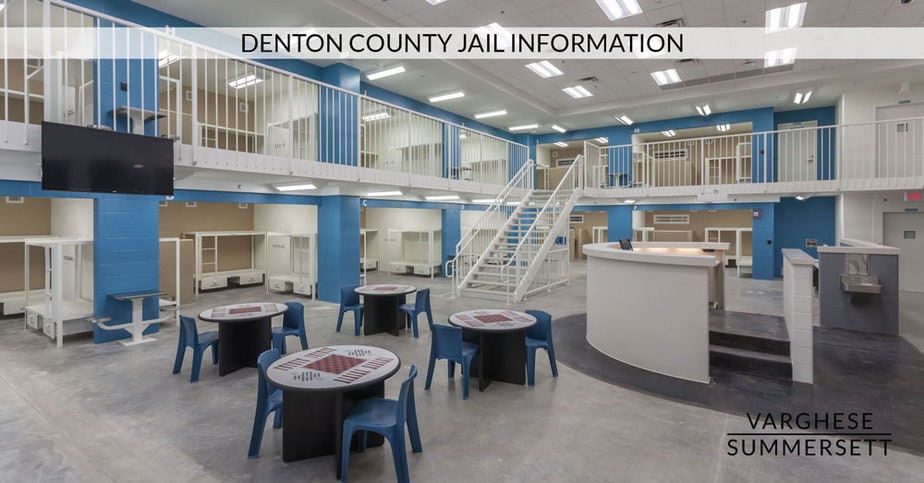
Swatting in Texas | Silent or Abusive 911 Calls
What is Swatting in Texas?
Swatting is the act of making a deceptive emergency call to law enforcement with the intention of eliciting an extreme police response, such as the deployment of a SWAT team, to a specific location. In Texas, this behavior is addressed under Texas Penal Code Section 42.061, known as “Silent or Abusive Calls to 9-1-1 Service.” This law makes it a criminal offense to intentionally make a call to 9-1-1 without an emergency, thereby criminalizing swatting. Violating this statute can result in significant legal penalties, reflecting the severe risks and disruptions caused by such actions.
How can swatting or making silent or abusive 911 calls get you arrested?
Making prank calls to 911 to get police to react to a non-emergency – sometimes called “swatting” – has gained popularity over the past few years, but is no laughing matter. In 2021, Texas lawmakers made swatting a Class A misdemeanor. Here’s a look at how pranking police or swatting can get you in trouble with the law.
Pranksters who dial 911 when there is no real emergency and then hang up, stay silent, or make a bogus request, outlandish statement or plea for help risk getting arrested. Pranking or swatting police is not something law enforcement find amusing, since it could prevent people with real emergencies from getting through or getting help. Although the 911 system tracks callers, many cybercriminals call with a spoofed number.
Under Section 42.061 of the Texas Penal code, a person commits the offense of making a silent or abusive call to 9-1-1 service, if he or she calls 911 when there is not an emergency and knowingly or intentionally:
- Remains silent; or
- Makes abusive or harassing statements to an employee at a “Public Safety Answering Point” – a communications facility tasked with receiving 911 calls and dispatching emergency services.
A person also commits the offense if they knowingly permit another person to use their phone or communications device to make a silent or abusive call to 911.
Under Chapter 22.14 of the Texas Penal Code, a person commits the offense of “Swatting” if he or she reports a crime or emergency to any law enforcement agency or officer or 9-1-1 service and:
- the person knows the reports is false;
- the report is reasonably likely to cases an emergence response;
- the person makes the report with reckless disregard bout whether the emergency response may result in bodily injury to someone.
What is the punishment for swatting?
Making silent or abusive calls to 911 is a Class B misdemeanor, punishable by up to six months in jail and a $2,000 fine.
Swatting is Class A misdemeanor punishable by up to a year and jail and a $4,000 fine. The punishment is increased to a state jail felony, punishable by six months to two years in state jail, if the defendant has been previously convicted twice of the offense. The punishment is a third-degree felony, punishable by two to 10 years in prison, if a person is seriously injured or killed as a result of the emergency response.
A court can also order a defendant to make restitution or reimburse the cost of the emergency response.
What exactly is “swatting”?
Swatting is a term used for making a false report about an ongoing crime or emergency with the intent of getting a large police presence or “SWAT” response at a specific location where no emergency exists. The Federal Bureau of Investigation estimates there are about 400 cases of swatting a year. Swatting has been gaining in popularity in recent years, especially with online gamers. Officials say that the callers will use caller ID spoofing or other techniques to disguise their number as being local or call non-emergency numbers instead of 911. It’s also common for the caller to claim that there is a killing or hostage situation involved in an effort to draw a large number of officers.
Recent Examples of Swatting in Texas
Here are five examples of swatting incidents that occurred in Texas, illustrating the dangerous and disruptive nature of these false reports:
- Texas Attorney General Ken Paxton’s Home Targeted:
On New Year’s Day 2024, Texas Attorney General Ken Paxton’s home in McKinney was the target of a swatting incident. A false report was made to 911, claiming a life-threatening situation at the residence. Fortunately, Paxton and his wife, Senator Angela Paxton, were not home at the time. The incident involved a significant response from local police and fire departments. - Austin Independent School District Schools Affected:
On October 25, 2023, six schools within the Austin Independent School District were placed in “Secure” status due to a swatting incident. The false threat led to a substantial police response. The schools affected included Austin High School, O. Henry Middle School, Kealing Middle School, Rosedale School, Hill Elementary School, and Casis Elementary School. The situation was resolved by mid-morning when the “Secure” status was lifted. - False Mass Shooting Report in Robinson:
On April 1, 2024, a swatting call falsely reported a mass shooting in Robinson, Texas. This incident was identified as part of a broader scheme involving similar false reports. The local police investigated the incident, which caused unnecessary panic and resource allocation. - Prank Call Leads to Handcuffing of Innocent Man in Spring, Texas:
On April 10, 2024, a prank call to a suicide hotline led to a swatting incident in Spring, Texas. The caller falsely claimed he was suicidal and about to murder his family, using the name Troy Taylor. This resulted in the police handcuffing an innocent man, demonstrating the severe consequences of such prank calls. - Swatting Incident in Bryan, Texas:
A recent swatting incident occurred in Bryan, Texas, where a false call led to a significant police response, believing a man had shot his wife. This incident highlighted the dangers associated with swatting, as it not only wastes resources but also poses risks to both law enforcement personnel and the public.
Charged with Swatting in North Texas? Contact us.
If you or a loved one is facing charges stemming from a 911 call, call us today for a complimentary strategy session. Our law firm is made up of experienced attorneys who focus on criminal defense matters at the state and federal levels. Collectively, our lawyers bring together more than 100 years of criminal law experience, have tried more than 600 jury trials, and include four Board Certified Criminal Law Specialists.
During this call we will:
- Discuss the facts of your case;
- Discuss the legal issues involved, including the direct and collateral consequences of the allegation;
- Discuss the defenses that apply to your plan and in general terms discuss our approach to your case.
Call: (817) 203-2220



